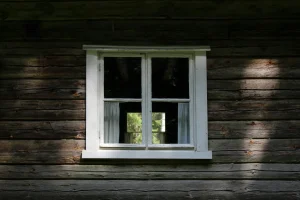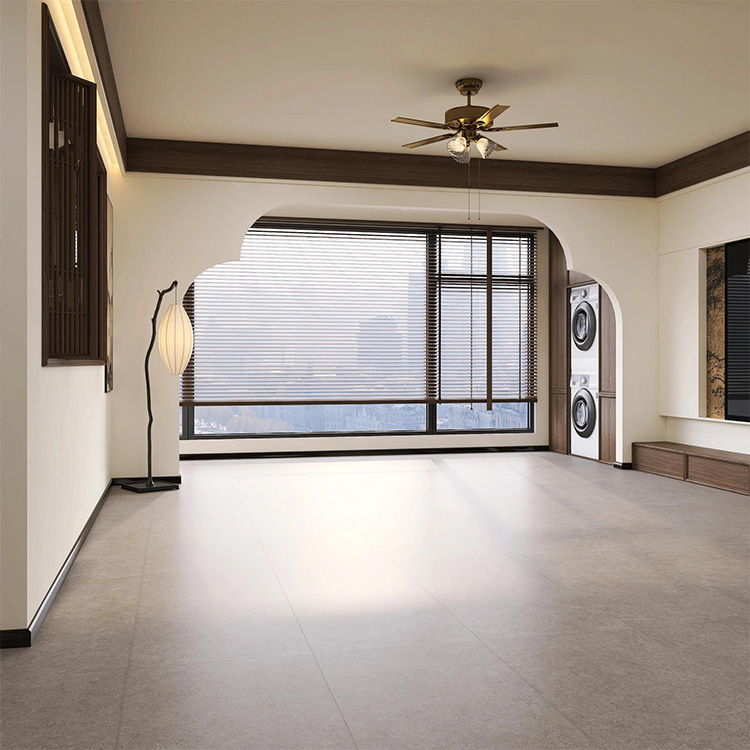How Often Windows Need Replacing Based on Material and Climate

Windows brighten your house, make it snug, and let fresh air in. But they won’t last forever. How long they stick around depends on what they’re made of, the weather in your area, and how well you maintain them. Vinyl windows can endure for 20–40 years, but blazing sun might dull their color. Wood windows, good for 15–30 years, need steady care to stop rot. Aluminum windows, lasting 20–30 years too, are tough but lose heat fast. Fiberglass windows stand out, lasting 30–50 years, holding strong in rough weather. Harsh places—like wet, cold, or salty seaside spots—make windows wear out quicker. Watch for hints like cold breezes, cloudy glass, or rising energy bills. These mean it’s time for new windows. Regular upkeep helps them last longer, but major damage needs a pro’s touch. Picking energy-wise windows that fit your local weather keeps your home comfy and saves cash over time.
What Decides How Long Your Windows Stay Solid?
Windows aren’t just for looks. They keep warmth in, let air flow, and bring in light. A few things decide how long they stay strong.
What Clues Show Your Windows Are Fading?
- Rising Energy Bills: Are your energy bills sneaking up? This points to weak seals or insulation not doing its job.
- Drafts: Do you feel cold air coming from closed windows? This indicates failing seals.
- Difficulty Operating: Windows can become hard to slide open or shut, often because frames twist or parts wear down.
- Visible Damage: Broken glass, misty panes from bad seals, or rotting wood call loudly for new windows.
How Does Window Material Affect Lifespan and Work?
What your window frames are made of matters a bunch. Some hold up better against the weather:
- Vinyl: Fights off water but might get brittle.
- Wood: Looks lovely but needs lots of attention.
- Aluminum: Strong but lets heat slip out.
- Fiberglass: Stays steady and lasts a long time.
Why Does Weather Make Windows Age Faster?
Where you live can make windows wear out sooner:
- Damp Areas: Wood frames might swell or rot fast.
- Cold Climates: Freeze-thaw cycles hurt seals and cause wetness inside.
- Coastal Regions: Salty air and strong winds test even tough frames.
How Long Do Different Window Materials Last?
Each material has strengths and weaknesses that change when you need new windows.
Why Are Vinyl Windows Strong and Easy to Keep Up?
Vinyl windows are popular because they’re cheap and don’t mind water. They usually last 20–40 years with little work. But bright sunlight can fade them or make them brittle if they don’t have UV protection.
Why Do Wood Windows Need More Care Despite Their Beauty?
Wood windows are pretty and great at holding heat. But water, bugs, or temperature changes can damage them. Without regular painting or sealing, they might rot or warp in 15–30 years, based on the weather.
Are Aluminum Windows Tough Despite Heat Leaks?
Aluminum frames are solid and fit sleek, modern styles. They resist rust but let heat pass through unless specially built. They last 20–30 years but may wear out faster near the coast without coatings.
A 2023 NFRC report indicates aluminum windows last 20–30 years in standard conditions, but coastal salt exposure can reduce this to 15–20 years without corrosion-resistant coatings.
Why Do Fiberglass Frames Do Well in Harsh Weather?
Fiberglass doesn’t shrink or grow much with heat or cold. That makes it perfect for tough conditions. It fights off warping, cracking, or fading and can last 30–50 years with simple care.
How Does Local Weather Impact Window Replacement?
Even top materials can fail early in rough weather.
What Troubles Do Cold Climates Bring to Windows?
In freezing places, keeping heat inside is key. Windows that don’t insulate well get damp inside. Sometimes, that dampness turns to frost. This harms seals over time. Frames can also shrink in cold, letting breezes slip through.
How Do Hot, Muggy Areas Hurt Windows?
Steamy air makes wood frames swell or grow mold. Strong sunlight fades vinyl or fiberglass finishes. Sealants wear out faster under constant sun, causing cloudy glass or leaks.

Why Do Coastal Homes Need Special Windows?
Salty air eats away at metal frames, especially aluminum, really fast. Strong winds need tough glass to avoid breaking in storms. Rust-proof finishes and sturdy glass are must-haves for windows that last here.
When Should You Replace Windows, No Matter Where You Live?
All windows give out someday, even with the best materials and careful setup.
Are Your Energy Bills Jumping for No Reason?
A quick rise in heating or cooling costs often means windows aren’t doing their job. A 2024 ENERGY STAR® report states that old single-pane windows can cause up to 30% of a home’s heat loss, while upgrading to ENERGY STAR®-certified double-pane windows can save $125–$340 annually on energy bills, depending on climate.
Source: A 2024 ENERGY STAR® report and a 2023 DOE study on residential energy efficiency.
Are Your Windows Hard to Move?
If windows stick or feel stiff, it’s likely because frames have warped, tracks are worn, or parts are rusty. These show the window’s structure is failing.
Do You Spot Cracks, Mold, or Cloudiness in the Glass?
Cracks let air sneak in. Mold means water’s getting inside. Cloudiness between panes shows seals are broken. These problems hurt comfort, air quality, and your home’s look.
How Do You Pick the Best Replacement Windows for Your Home?
Choosing windows that match your weather and home style ensures they work well for years.
How Do You Pair Window Style with Weather and Home Look?
- Coastal Areas: Choose rust-proof aluminum with strong glass.
- Cold Climates: Fiberglass keeps heat steady without twisting.
- Classic Homes: Wood looks timeless, but plan for upkeep in wet or humid spots.
Winway offers top-notch windows tailored to your needs, from design to setup.
What Energy Labels Should You Look at Before Buying Windows?
Check for ENERGY STAR® labels that fit your area’s weather:
- U-Factor: Shows how much heat escapes—lower is better.
- Solar Heat Gain Coefficient (SHGC): Measures how much solar heat comes through—lower is best in hot places.
- Multi-pane Glass: With gases like argon, boosts insulation.
Can Regular Care Make Your Windows Last Longer?
Yes—easy upkeep saves money by putting off replacements.
What Simple Cleaning and Checks Stop Early Damage?
- Clean window tracks often so dirt doesn’t hurt seals when you open or shut them.
- Check caulking around frames every year for cracks that let water in.
- Repaint wood frames every few years, especially if they get lots of sun.
When Should You Call Pros Instead of Fixing Windows Yourself?
Notice big damage like sagging frames or cracked glass? Not sure what’s wrong? Get experts. Certified installers can tell if repairs are enough or if you need new windows. Winway offers 24/7 support and smart plans to keep upgrades smooth.
How Much Should You Plan for New Windows?
Thinking ahead avoids money stress when it’s time for new windows.
How Do Costs Change by Material and Number of Windows?
- Vinyl: Often the cheapest.
- Wood: Costs more because it’s harder to install.
- Total Cost: Multiply the cost per window by how many you need, then add labor and fees for tossing old windows.
Winway makes this easier with full services, including exact measurements before building windows. We own factories for ceramic tiles, sanitary ware, and windows, ensuring great quality at every step.
Do Energy-Saving Windows Save Cash Despite Higher Prices?
Yes—modern double- or triple-glazed windows cut heating and cooling bills a lot over time. They also raise your home’s value with better looks and energy scores.
FAQ
Q1: How Often Should You Replace Home Windows?
A: Most windows last 20–40 years, based on material and weather. But drafts, sticky windows, or cloudy glass suggest you might need new ones sooner.
Q2: Which Window Material Lasts Longest?
A: Fiberglass often lasts the longest, up to 30–50 years. It resists warping from temperature changes and needs less care than wood or vinyl.
Q3: Can You Replace Just One Broken Window Instead of All?
A: Yes, if the others are still solid. But mismatched styles might look odd unless you plan carefully for your home’s visible sides.



